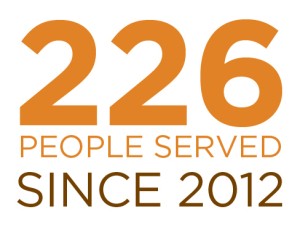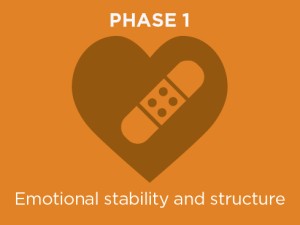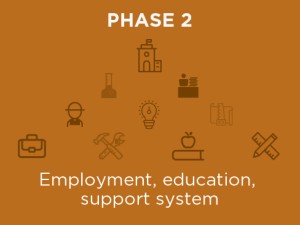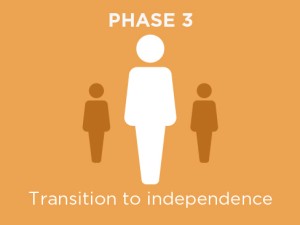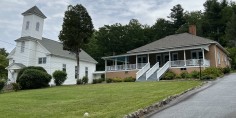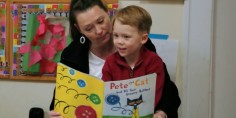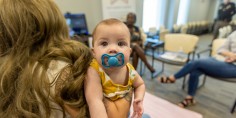The $500 bill framed in Diana Johnson’s office has no monetary value — but to her, it’s priceless. Given as a thank you from an 8‑year-old, the bright-orange Monopoly money serves as a daily reminder of why her work is important.
“A gift from my heart,” the little girl spelled out on a piece of lined paper. “Tell me if it isn’t enough. You have done everything for us. Thank you for keeping us safe.”
At Connie Maxwell Children’s Home in Greenwood, S.C., Johnson leads a program that offers up to two years of resources and shelter for at-risk families working toward independent living. Launched with a grant from The Duke Endowment, Family Care has served 75 parents and 151 children since beginning in 2012.
The goal is to reach single parents in crisis and help them gain the skills they need to tackle obstacles and grow stronger.

